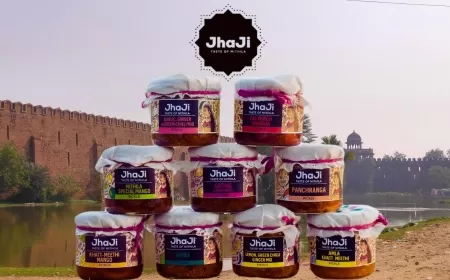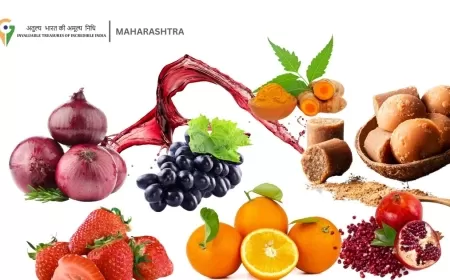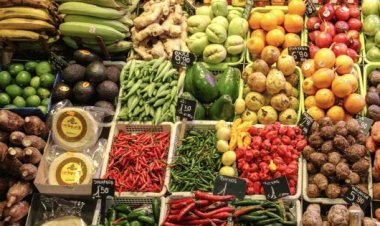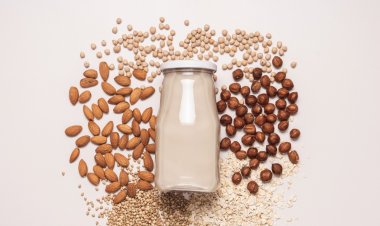India leads the way towards a greener future as plant-based food products consumption increased
Check the rising trend of plant-based eating in India, as highlighted by a recent report. Find out why more people are choosing plant-based foods for animal welfare, the environment, and health. Explore the market growth of plant-based alternatives and the challenges faced by the industry. Join the movement towards a healthier and more sustainable future!

Did you know? Over 67% of Indians are choosing plant-based foods due to their concerns about animal welfare. check more insights from the latest report on India's plant-based eating trend
A research published on May 25 by the Plant Based Foods Industry Association (PBFIA) claims that India is seeing a “noticeable increase” in the adoption of plant-based eating practices.
According to a report presented at the second Plant-Based Foods Summit held here on Thursday by the Plant Based Foods Industry Association (PBFIA), there has been a “noticeable increase” in the adoption of plant-based eating practices in India. According to the study, a number of variables are responsible for this surge, including growing public awareness of the moral and environmental costs of animal agriculture as well as the accessibility and affordability of plant-based foods.
The research says, a survey done by Renub Research in partnership with PBFIA found that over 67% of respondents consumed plant-based food items due to concerns about animal welfare in food production. “Furthermore, 54.1% did so for the positive environmental impact and because plant-based foods tasted like animal-based foods.” A sizable proportion of respondents (48.6%) stated that they choose plant-based food products because they believed it would reduce their risk of chronic diseases and food allergies. “A small number of respondents (8.1%) reported choosing plant-based food products because they thought it was trendy,” the survey said, adding that plant-based diets have been increasingly popular in recent years, with celebrities and influencers frequently advocating them.
8.1% of respondents to the study stated they had not yet thought about eating plant-based cuisine. According to the survey, Indian customers are frequently cost-conscious, and many plant-based substitutes are viewed as being more expensive than conventional food options. Additionally, customers are finding it challenging to get plant-based products due to the restricted distribution options, particularly in smaller cities and rural areas. The quality and availability of raw materials, as well as the manufacture and distribution of plant-based food items, might all be impacted by inadequate infrastructure and underdeveloped supply chains, according to the paper.
It was also said that local companies could face a threat from foreign firms who enter the Indian market and offer plant-based products at competitive rates or with more cutting-edge technology. “Climate change and related environmental challenges, such as droughts, floods, and land degradation, can impact the availability and quality of raw materials for plant-based foods,” the statement read.
According to the paper, eating a plant-based diet has the potential to benefit the environment, human health, and animal welfare. It stated that people could reduce their risk of developing chronic illnesses including cancer, heart disease, and stroke by switching to plant-based diets. Additionally, these diets help to improve water quality and cut down on greenhouse gas emissions, thereby supporting environmental sustainability. According to the paper, the trend towards plant-based foods “signals a broader recognition of the benefits associated with this dietary choice, paving the way for a healthier and more sustainable future.”
The market share of plant-based cheese and butter also increased, rising from 14% to 16%, while the country’s market share of plant-based milk increased from 16% to 20%. “Plant-based ice cream and yoghurt market share gained 12%-15% and 15%-17%, respectively,” it stated.
Burger patties, sausages, and tofu made from plants have gained a sizable portion of the market. The market share for plant-based nuggets and strips climbed from 14% to 17%, keema from 14% to 17%, and protein powders from 14% to 17%, according to the research. Plant-based burger patties saw a market share increase from 17% to 18%.
What's Your Reaction?
 Like
0
Like
0
 Dislike
0
Dislike
0
 Love
0
Love
0
 Funny
0
Funny
0
 Angry
0
Angry
0
 Sad
0
Sad
0
 Wow
0
Wow
0






































































































